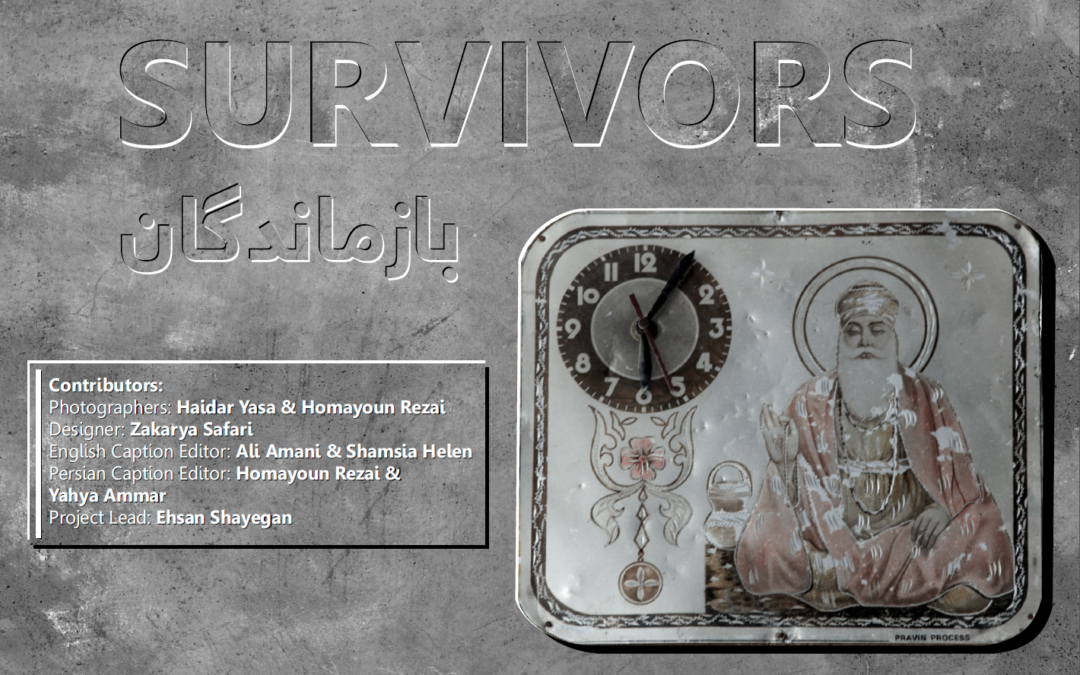In reviewing Afghanistan’s constitutions and legal systems, it is apparent that these laws are based on the exclusion and a harsh differentiation that relegates non-Muslims to the role of second class citizens. Though Afghanistan committed to the realization of human rights, respect and dignity since its 1964 Constitution, however, that commitment is persistently undermined by the discriminatory approach of the legal system Afghanistan’s legal system has been excessively oriented by Islamic thought and values, whereas historically, Afghanistan had a significantly large non-Muslim population. The frontiers of exclusion of non-Muslim minorities spans beyond the laws and legal system. It is deeply rooted Non-Muslim Afghans are neither protected by law nor they had enough political support. For instance, based on Afghanistan law, a non-Muslim citizen can’t be a witness at a court. The law bars them from being the president or a judge at the supreme court. Due to several reasons, they have been the constant target of multilayered discrimination, and most of their religious sites and properties have been forcefully plundered by various groups. These discriminatory practices have been prevalent for centuries that has forced them to migrate.

